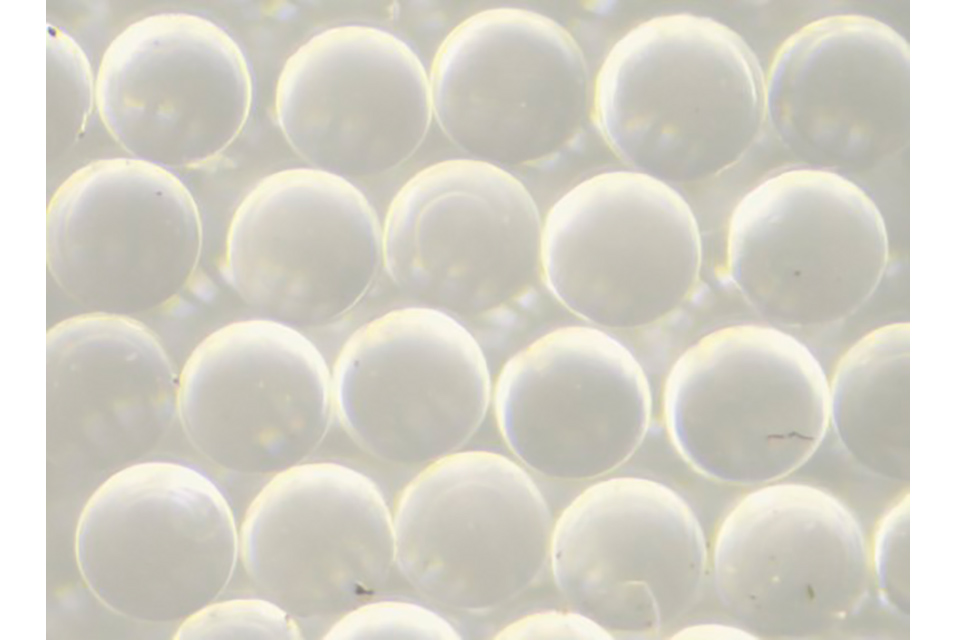WASHINGTON, DC.- For an embryo to survive, it must attach to the lining of the uterus within days of conception. However, if this lining, called the endometrium, is too thin, the embryo can’t latch on. Now, researchers reporting in
ACS Biomaterials Science & Engineering have developed a new system intended to treat infertility in women with thin endometria. Their tiny, micro-scale particles stimulated blood vessel growth, producing promising results in preliminary experiments in cells and mice.
Poor blood flow within the endometrium limits its thickness, and researchers have struggled to find an effective way to encourage the formation of new blood vessels. Some have begun exploring the use of microspheres to deliver treatment. However, current methods for making these tiny particles face challenges, including the need for complex, demanding production methods and too much variation in the sizes of the spheres. So, Xiangguo Wang, Lei Yang and their colleagues wanted to devise a simple, efficient technique for manufacturing uniform microspheres loaded with a compound known to be a potent stimulator of blood vessel growth.
To formulate their tiny particles, the researchers looked to hyaluronic acid, a substance known to contribute to the growth of the endometrium. Using a method called electrospray, they generated hyaluronic acid-containing droplets that were all very similar in size, about 400 µm in diameter. They then collected the droplets and stuck them together with an ultraviolet light treatment. By manipulating the composition of the spheres, the researchers found they could alter their ability to take up and release drugs. They then loaded the particles up with their second active ingredient: the blood vessel-promoting compound called vascular endothelial growth factor (VEGF). In experiments with female mice with thin endometria, they found that microspheres containing only the hyaluronic acid produced some thickening of the tissue compared to the control, but VEGF-carrying spheres generated the most thickening. While promising, this system needs further safety testing, note the researchers. They add that limits on the spheres’ drug releasing ability may make multiple treatments necessary for fertility patients.
The authors acknowledge funding the Natural Science Foundation of Jiangxi Province, National Key R&D Program of China, Beijing Dairy Cattle Industry Innovation Team project, and Outstanding Young Talent Project of Beijing Municipal Party Committee Organization Department.









